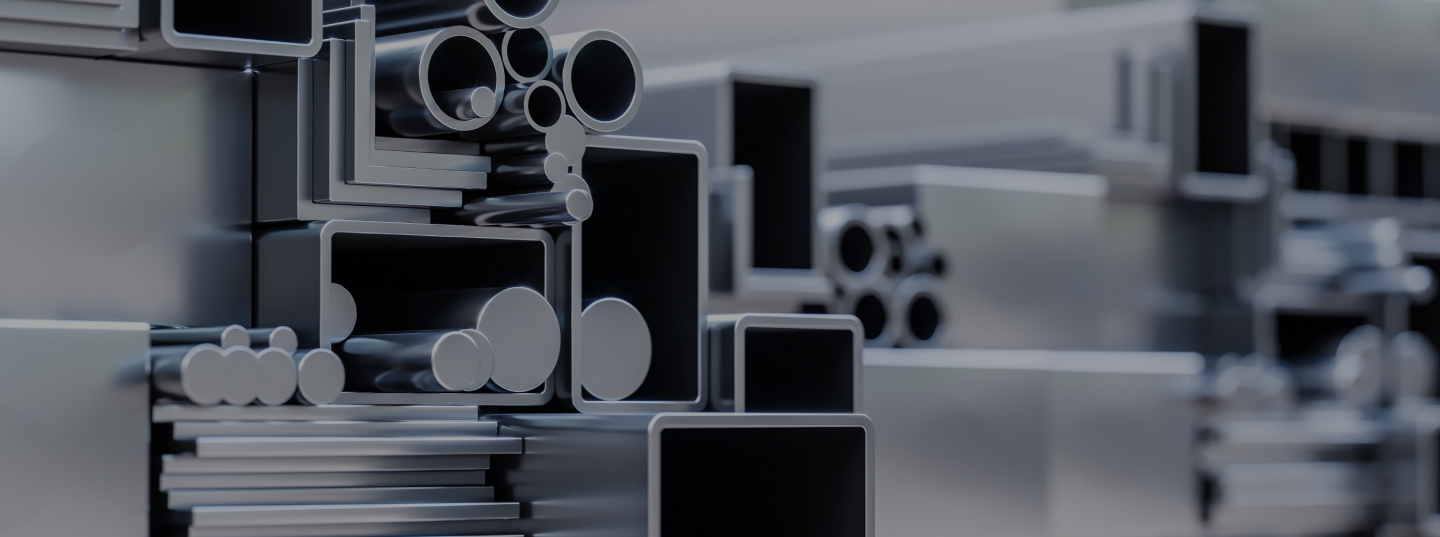Unlegierter Baustahl ist eine Art von Kohlenstoffstahl, der sich durch eine einfache chemische Zusammensetzung und einen Kohlenstoffgehalt auszeichnet, der in der Regel zwischen 0,2% und 0,6% liegt. Mit dieser Menge an Kohlenstoff hat dieser Stahl gute mechanische Eigenschaften und eine hohe Duktilität, was ihn zu einem idealen Material für strukturelle Anwendungen macht. Er ist leicht zu bearbeiten, gut schweißbar und spannungsbeständig, so dass er im Baugewerbe, im Maschinenbau und bei anderen technischen Komponenten weit verbreitet ist. Je nach Festigkeitsklasse kann unlegierter Baustahl sowohl für leichte als auch für schwere Konstruktionen verwendet werden. Der geringere Gehalt an Legierungselementen macht diesen Stahl zu einer kostengünstigen Wahl für viele Branchen.
Typische Baustahlsorten sind S235JR, S355J2, S355J2+N.


